Trolling: we need to come together and Call it Out

Trolling we need to call it what it is – bullying.
We’ve nearly all experienced bullying in some form or another in our lives. However, that doesn’t mean we have to accept it. We need to call it out. Whether it’s online, at school or in the workplace.
That’s why I’m very proud to announce that NCFE is spearheading its own anti-bullying campaign, Call it Out. We’re teaming up with FE News as our official partner and have enlisted the expert support of the Anti-Bullying Alliance. Throughout the year ahead, we’ll be bringing together industry leaders from across education, business and the non-profit sector to confront the toxic issue of trolling head-on.
Trolling wasn’t around when I was a kid
At the risk of sounding like an old man, the internet wasn’t really part of our lives back then. But nowadays, children depend on it for socialising, recreation and study. It’s intertwined with their lives for better and for worse. Online bullying can take many forms and impact people at all ages – it’s not even always intended. Take a popular game like Fortnite as just one example. Anyone with teenagers (or soon-to-be teens) will be familiar with it. They will no doubt also know how upsetting it can be for a child when their friends kick them off a game. It’s those small everyday things that can be damaging.
When it comes to playground bullying, schools take a zero-tolerance approach and do what they can to address it, but things are much more difficult when bullying takes place online. If you’re being targeted through online channels, you can’t escape it and there is no ‘safe place’. It infiltrates your home life as well as work, school and more. Unfortunately, only around a third of victims are willing to admit to their parents that they are being cyberbullied, making it harder to monitor and stamp out.
And it’s not just about educating and protecting youngsters. Increasingly, teachers are falling victim to nasty trolling campaigns on platforms like TikTok, with hundreds of education professionals reporting harassment on the site, explaining that it is pushing them to the edge. Similarly, professionals in other sectors and business leaders have reported similar experiences.
Trolling is not the preserve of teenagers and it’s not only social media influencers who are the victims. It’s a real and growing problem and as an education sector we have a duty of care to come together, support students and staff and do more to tackle it head-on.
It all starts with education
We need to make sure children and young people know what trolling is, how to cope with it if they should experience it, and crucially how to avoid becoming a troll themselves. Core to this is the development of essential skills such as confidence, resilience, collaboration and positivity. Interestingly, a survey we conducted in 2019 showed that 79% of people believe that mental fitness education should be taught in a similar way to physical education. It also found that 80% of people believe teaching confidence in schools and colleges is as important as teaching Maths and English. One of the themes we’ll be looking at will be the age at which we should start embedding kindness – especially online kindness – into education.
A big part of our Call it Out campaign will also be asking why we even use words like “trolling”, “gaslighting” and “ghosting”, which minimise the cruel impact that these actions have. Why find a ‘cute’ alternative name when really, we should call them what they are – varying and impactful forms of abuse.
We can’t tackle this in isolation
We realise that as a charity and leader in vocational and technical learning, we have something valuable to add to the solution but we are not the experts in this field, and we can’t tackle this in isolation. We do know that movements need collaborators, and we’re proud to be in a position to bring together the best the industry has to offer. That’s where the Anti-Bullying Alliance comes in. They will support our campaign by signposting materials to equip teachers, students and businesses to recognise and challenge bullying.
We also have the support of organisations such as our social inclusion partner, Campaign for Learning; mental fitness app Fika; and CACHE Alumni, an online membership association for people working in the care and education sectors. We hope to reach out to more diverse organisations as the campaign grows, to help us tackle this huge issue together.
Going forward, we’ll be leading on a series of targeted pieces of content, webinars, podcasts, roundtables and events aimed at people of influence in education, parents, employers, and young people. We’ll be covering topics such as how teachers can support a student who is being bullied online, what teachers can do if they are being trolled and top tips on how to avoid becoming a troll.
Ultimately, education and collaboration are key to removing the toxic behaviours that can lead to trolling. We’ll be reaching out across the sector over the next year and we welcome input from all areas to help us achieve this mission.
Mental health used to be a taboo topic, a subject that was shrouded in secrecy and shame. Thankfully, our outlook has shifted thanks to the tireless efforts in recent years of charities, organisations and influential voices speaking out about their own mental health journeys, and we’re finally in a place where we can speak more openly. This has led to better understanding, more open conversations and as a result, we can see the size of the societal problem we now face. Online bullying is a huge factor in impacting people’s mental health and ultimately enabling people to be the best versions of themselves. So let’s ensure we bring this dark topic into the light – discuss it and see what we can do to make things better.
David Gallagher, Chief Executive, NCFE
Support our Call it Out campaign (#CallitOut), and learn more about what we have planned.


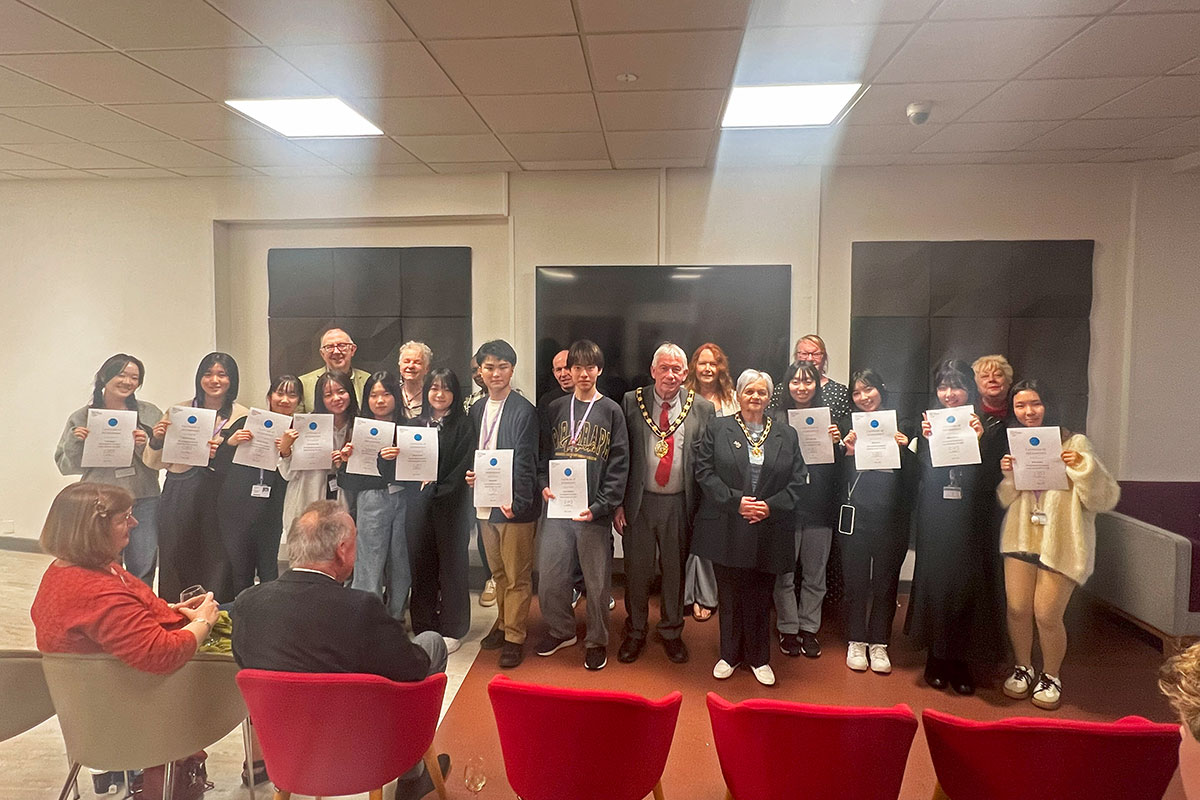
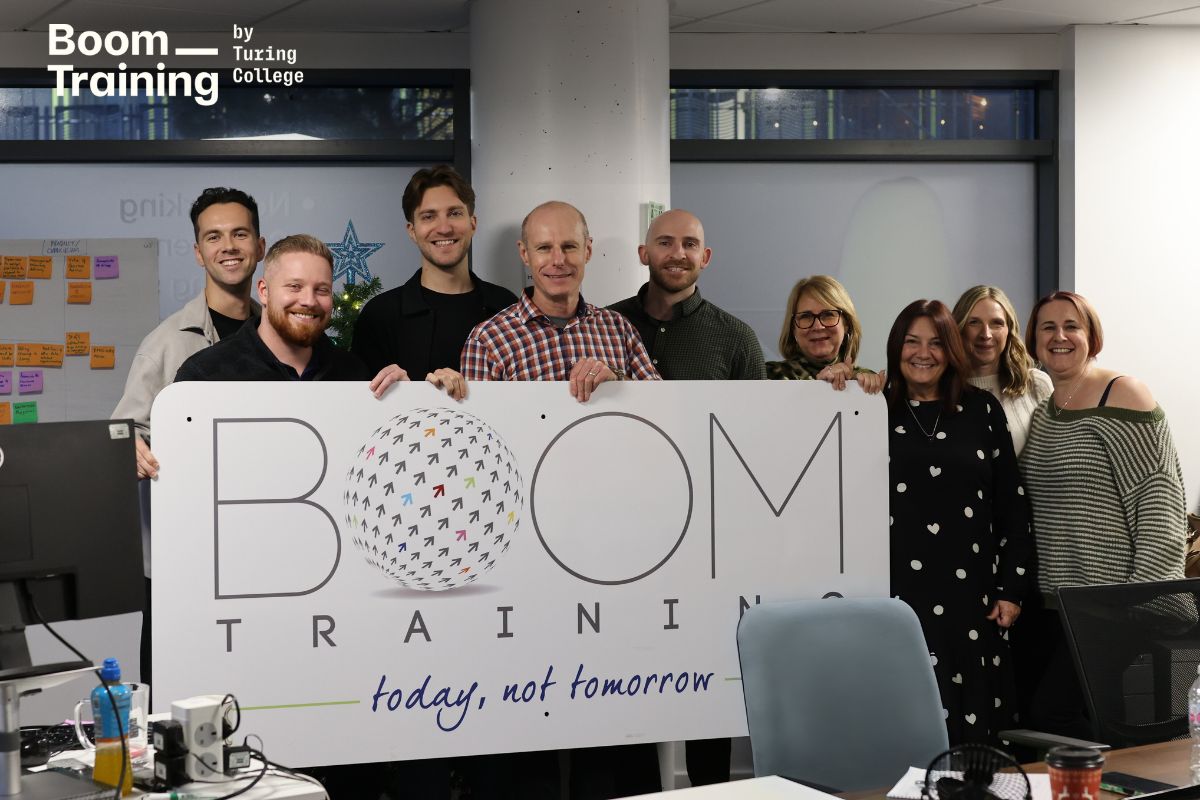


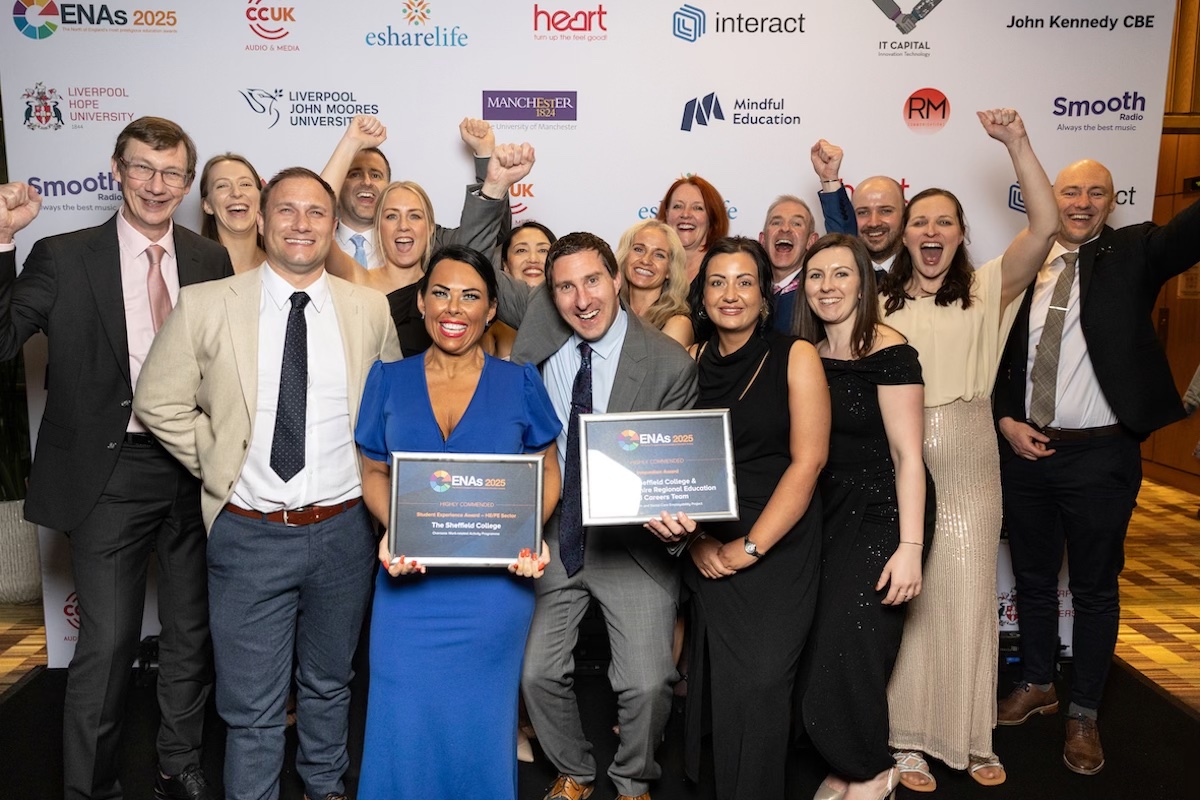
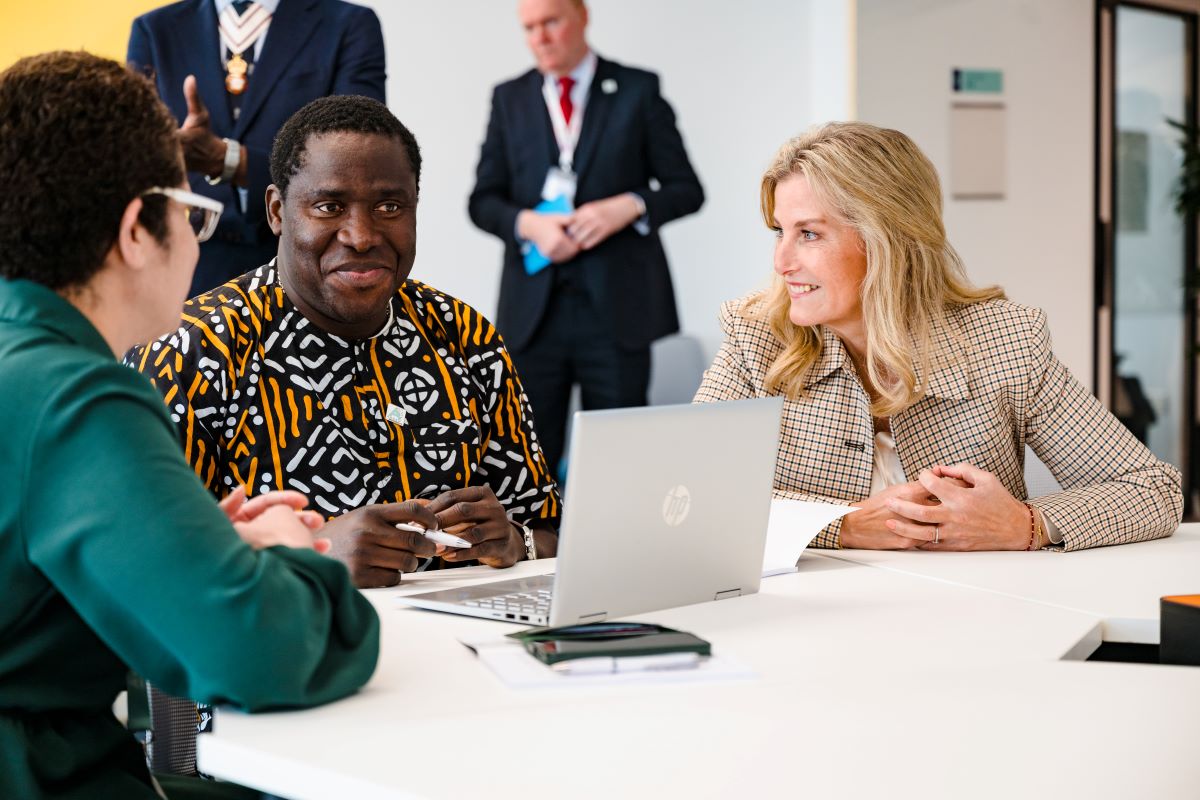
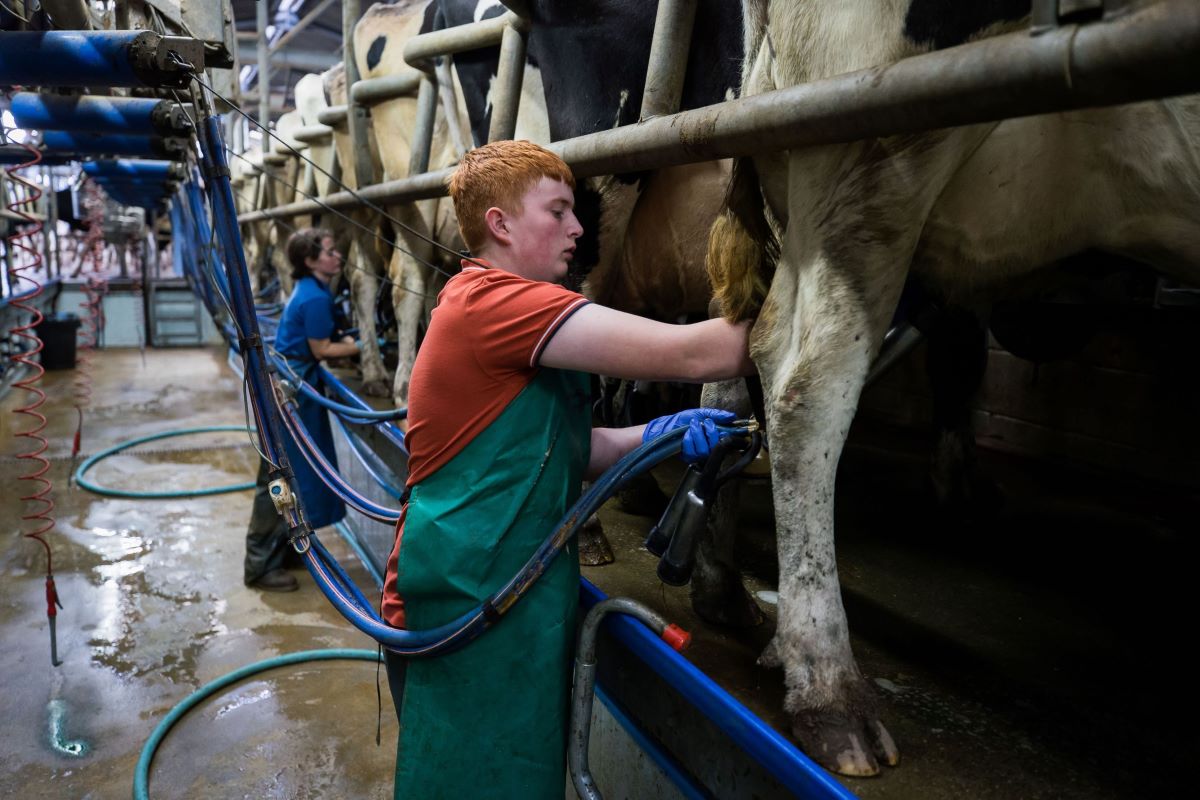


Responses